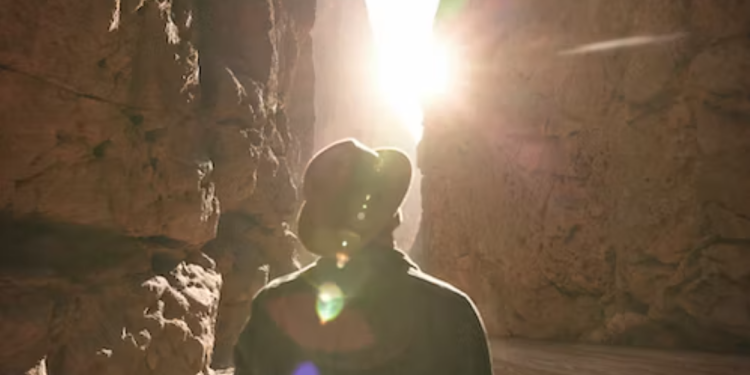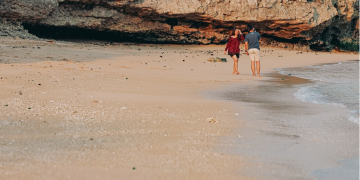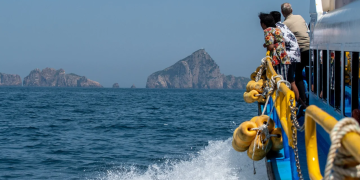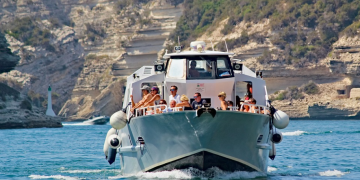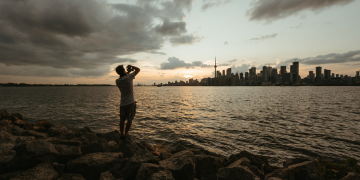Introduction to Scuba Diving
Scuba diving offers a unique opportunity to explore the underwater world, immersing oneself in a realm of vibrant marine life and breathtaking seascapes. From colorful coral reefs to ancient shipwrecks, the ocean holds a wealth of treasures waiting to be discovered by adventurous divers.
Benefits of Scuba Diving
Scuba diving not only provides an exhilarating experience but also offers numerous health and wellness benefits. Firstly, it is an excellent form of exercise, promoting cardiovascular health, muscle strength, and flexibility. Additionally, diving allows individuals to escape the stresses of daily life, providing a sense of tranquility and relaxation amidst the underwater landscape. Moreover, it offers the thrill of exploration and adventure, allowing divers to discover hidden wonders and encounter fascinating marine creatures.
Factors to Consider When Choosing Scuba Diving Spots
When planning a scuba diving trip, several factors should be taken into account to ensure a memorable and rewarding experience. Accessibility is a crucial consideration, as divers need easy access to dive sites and amenities such as dive shops and accommodation. Furthermore, the diversity of marine life is essential, as vibrant coral reefs and abundant fish populations enhance the underwater experience. Finally, water visibility plays a significant role in determining the quality of diving conditions, with clear waters offering optimal visibility for underwater exploration.
Top Scuba Diving Spots in the Caribbean
The Caribbean is renowned for its pristine waters, vibrant coral reefs, and diverse marine life, making it a paradise for scuba divers. Destinations such as Bonaire, the Cayman Islands, and Belize offer some of the best diving experiences in the region, with crystal-clear waters teeming with colorful fish, sea turtles, and other marine creatures. Additionally, the Caribbean is home to numerous shipwrecks, providing opportunities for wreck diving enthusiasts to explore underwater history.
Top Scuba Diving Spots in the Pacific
The Pacific Ocean is home to some of the world’s most iconic dive sites, from the Great Barrier Reef in Australia to the remote atolls of French Polynesia. Australia’s Great Barrier Reef is a UNESCO World Heritage site and offers unparalleled diving opportunities, with vibrant coral gardens, towering pinnacles, and an abundance of marine life. Other top Pacific diving destinations include Palau, Fiji, and the Galapagos Islands, each offering unique underwater landscapes and encounters with rare and exotic species.
Top Scuba Diving Spots in the Indian Ocean
The Indian Ocean boasts an array of stunning dive sites, from the coral reefs of the Maldives to the dramatic drop-offs of the Seychelles. The Maldives is renowned for its clear waters, diverse marine life, and world-class dive resorts, making it a favorite destination for scuba enthusiasts. Additionally, the Seychelles offers spectacular diving opportunities, with granite boulders, underwater caves, and pristine coral reefs waiting to be explored by adventurous divers.
Top Scuba Diving Spots in Southeast Asia
Southeast Asia is a mecca for scuba diving, with an abundance of world-class dive sites scattered across the region’s tropical islands and coastlines. Thailand’s Similan Islands are a popular diving destination, known for their crystal-clear waters, vibrant coral reefs, and diverse marine ecosystems. Similarly, Indonesia offers a wealth of dive sites, from the famous Komodo National Park to the remote Raja Ampat archipelago, home to some of the most biodiverse waters on the planet.
Conclusion
Scuba diving offers a gateway to a world of wonder and discovery beneath the waves, with countless dive sites waiting to be explored by adventurous divers. Whether you’re diving in the crystal-clear waters of the Caribbean, the vibrant reefs of the Pacific, or the remote atolls of the Indian Ocean, each dive offers a unique opportunity to encounter fascinating marine life and explore breathtaking underwater landscapes.
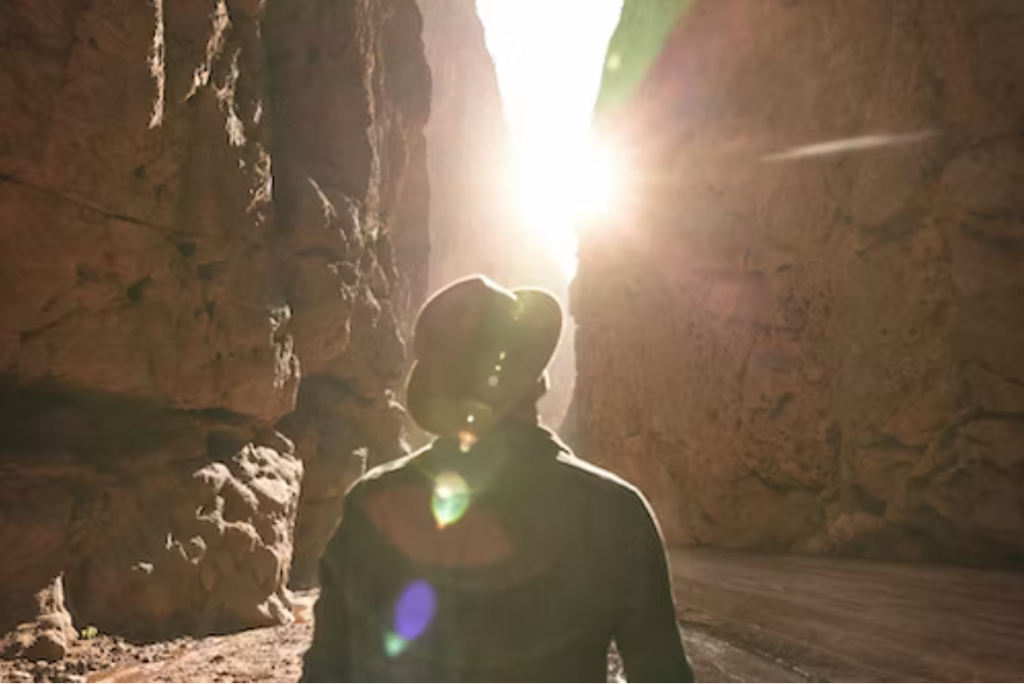
FAQs
- Is scuba diving safe for beginners?
- Yes, scuba diving is safe for beginners when conducted under the supervision of a certified dive instructor and with proper training and equipment. Beginner-friendly dive sites typically offer calm conditions and shallow depths suitable for novice divers.
- What equipment do I need for scuba diving?
- Essential scuba diving equipment includes a mask, snorkel, fins, wetsuit or drysuit, buoyancy control device (BCD), regulator, dive computer, and weights. Additionally, divers may require specialty equipment such as underwater cameras or dive lights depending on their diving preferences.
- Are there age restrictions for scuba diving?
- While there are no strict age restrictions for scuba diving, most certification agencies require divers to be at least 10-12 years old to enroll in a scuba diving course. However, children as young as 8 years old can participate in introductory programs such as “Bubblemaker” or “Seal Team” under the supervision of a certified instructor.
- How can I become a certified scuba diver?
- To become a certified scuba diver, individuals must complete a scuba diving course with a certified dive instructor or dive center. The most widely recognized certification agencies include PADI (Professional Association of Diving Instructors), SSI (Scuba Schools International), and NAUI (National Association of Underwater Instructors).
- What should I do if I encounter marine life while diving?
- When encountering marine life while diving, it’s essential to remain calm, maintain a respectful distance, and avoid making sudden movements or loud noises. Never touch or harass marine animals, as this can cause stress or injury to the animals and may result in dangerous encounters.

